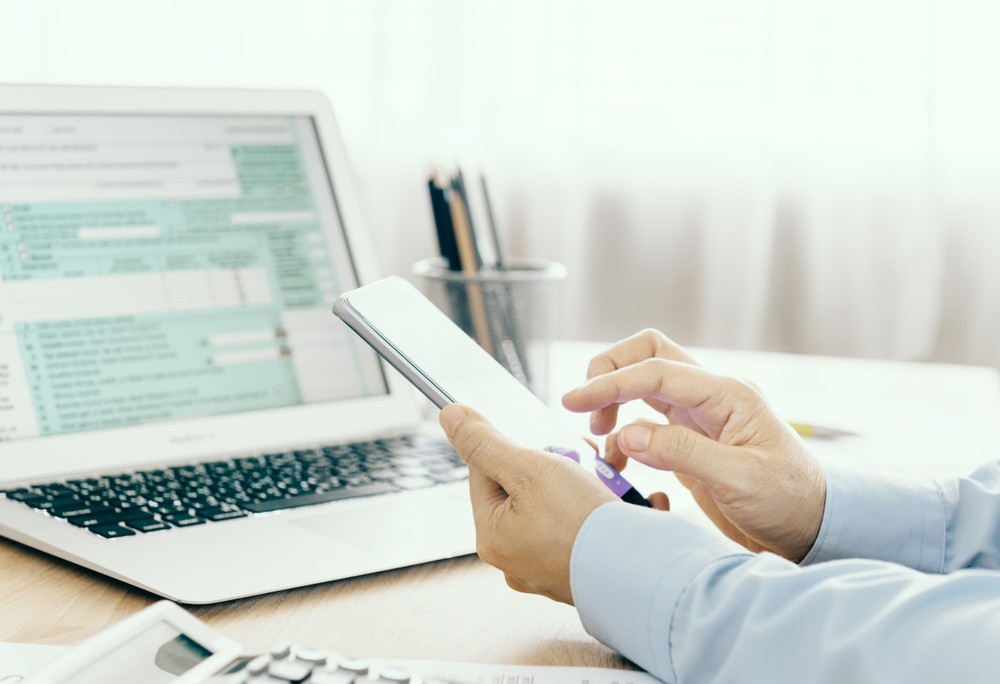News
Self-employed warned a third of government grant may be clawed back

People claiming the government’s Self-employment Income Support Scheme may not realise it’s taxable, and may be forced to pay up to a third back.
Grants under the Self-employment Income Support Scheme (SEISS) are likely to be included in claimants’ 2020/21 self-assessment tax returns.
While many recipients may not realise the grant (up to £2,500 a month) is taxable, the Low Incomes Tax Reform Group (LITRG) warns that a third of the grant may have to be paid back in tax and Class 4 national insurance contributions (NICs) by 31 January 2022 at the latest.
It added that given the timing of the grants – early in the tax year – people might have to forecast their total taxable profits for 2020/21, so they can estimate the amount of tax and National Insurance due on the grant.
For many, this is likely to be 20% tax and 9% Class 4 National Insurance.
LITRG fears people may assume the amount is free of tax, particularly as it is described by the government as a ‘grant’.
‘Think about budgeting for tax and national insurance’
Victoria Todd, head of LITRG, said: “Many claimants of SEISS grants might, understandably, use the money as soon as they get it, for example, to catch up on liabilities or to meet essential living costs – but they need to think now about budgeting for income tax and National Insurance on it.
“The government has announced recently that a second wave of grants will be paid under the scheme in August 2020. We urge HMRC to do as much as they can to publicise that the grants are chargeable to income tax and National Insurance, to reduce the risk of people being surprised by higher-than-expected 2020/21 tax bills.”